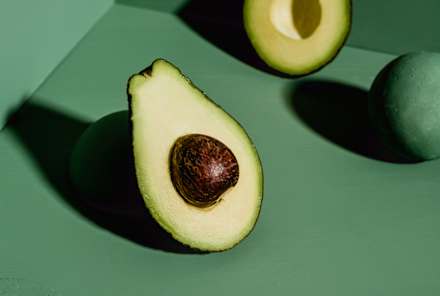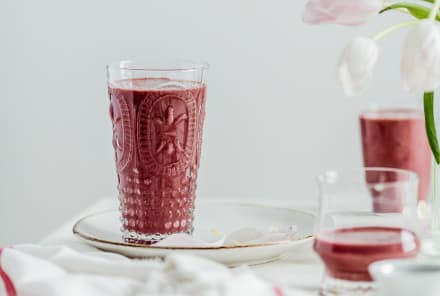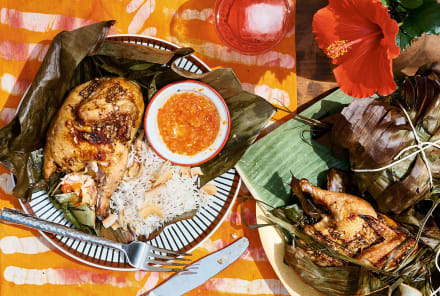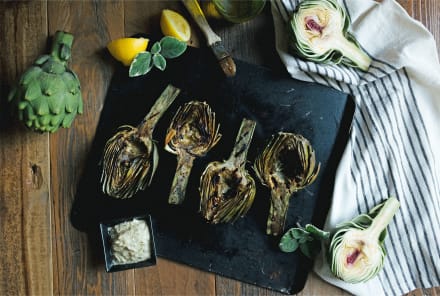Advertisement
This Co-Op Is Eradicating A Food Desert & Empowering Its Community

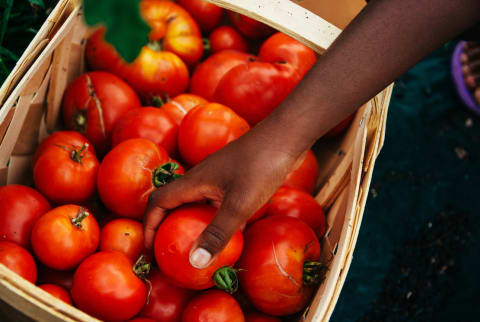
This Martin Luther King Jr. Day, as our country grapples with its identity and values, we reflect on the legacy left by our greatest civil rights icon with renewed appreciation. As Dr. King preached, we must not turn our backs on those who are different from us, “their destiny is tied up with our destiny, ” just as “their freedom is inextricably bound to our freedom.” At mindbodygreen, we believe that wellness is not about ourselves any more than it is about our communities and our world; that’s the heart of our You. We. All. mantra. As Dr. King taught, “We cannot walk alone. And as we walk, we must make the pledge that we shall always march ahead.” So today we look forward to a future in which all colors, creeds, nationalities, and political parties work together to make our world well. In honor of Dr. King, we’re sharing with you a story about a community that reminds us we have come a long way, we have a long way to go still, but we can do it.
West Oakland is a neighborhood with a liquor store on every corner. In 2008, it counted itself among one of the nation's growing food deserts—expanses of inhabited land devoid of purchasable fresh food. It was estimated that in 2017, 23.5 million Americans lived in a food desert, where instead of supermarkets, liquor stores and fast food vendors provide residents their staple meals. Food deserts disproportionally affect black Americans: 31 percent of white Americans live within a mile of a grocery store, compared to just 8 percent of black. California's West Oakland didn't want to be part of that statistic.
In 2006, residents built a plan to open a food co-op at the transit hub of the neighborhood: the West Oakland BART station. It took over three years to raise capital and secure retail space, but in June of 2009, Mandela Foods, a worker-owned cooperative, opened its doors. The market stocks fresh produce sourced from minority-owned farms situated within a 200-mile radius of the store, as well as bulk grains, organic body care products, and locally made health foods. A program called Fresh Creds allows customers with food stamps to purchase fruits and vegetables at half price. Despite the nationwide depression under way at the time of Mandela's launch, its growth increased by 20 to 30 percent year over year. In 2015 it turned a profit.
"I always thought it was normal: McDonald's on Friday and corner store on Monday," said Ennis, a co-op member, of life before Mandela. James, a co-op worker-owner, remembers his diet from those days: "We can just run down the entire Frito-Lay catalog: Fritos, Cheetos, Doritos." A young man, he felt the effects of nutrition deficiency, "I would get heart pains regularly. I would start to get dizzy or feel like I was going to pass out, even if I'd just had a meal. I didn't really think I would live past 40 or 50."
This year, Mandela will expand to a new space, doubling its offerings to the community. The new location will allow for the installation of a pharmacy and a distribution center for Mandela's farmers. "A lot of the things in our neighborhood we can't control," said Quinton, Mandela program director. "You live in the slums; you live in the ghetto. There's substandard housing and environmental pollution all around, but at the end of the day. you select what you put in your body."
The effects of Mandela's presence in the neighborhood extend beyond nutrition. James explained how a community-owned and operated health food story is changing West Oakland's identity: "Oftentimes young people become somewhat apathetic with the circumstances they're in. They think, 'I can't do anything about this. This is always going to be this way. No one cares about us.' Part of what this work is about is changing that mentality."
Those West Oakland liquor stores? Many of them now sell local fruits and vegetables, distributed by Mandela.




